
Breaking down the types of comic coloring Comic book art style, Pop
Comic Book Types 1. Superhero Comics 2. Slice of Life Comic Books 3. Science Fiction and Fantasy Comics 4. Nonfiction Comic Books 5. Manga Comics 6. Humor Comic Books 7. Horror Comics 8. Children's Comics 9. Alternative Comic Books 10. Adult Comic Books Creating Your Comic Book Common Characteristics of Comic Books
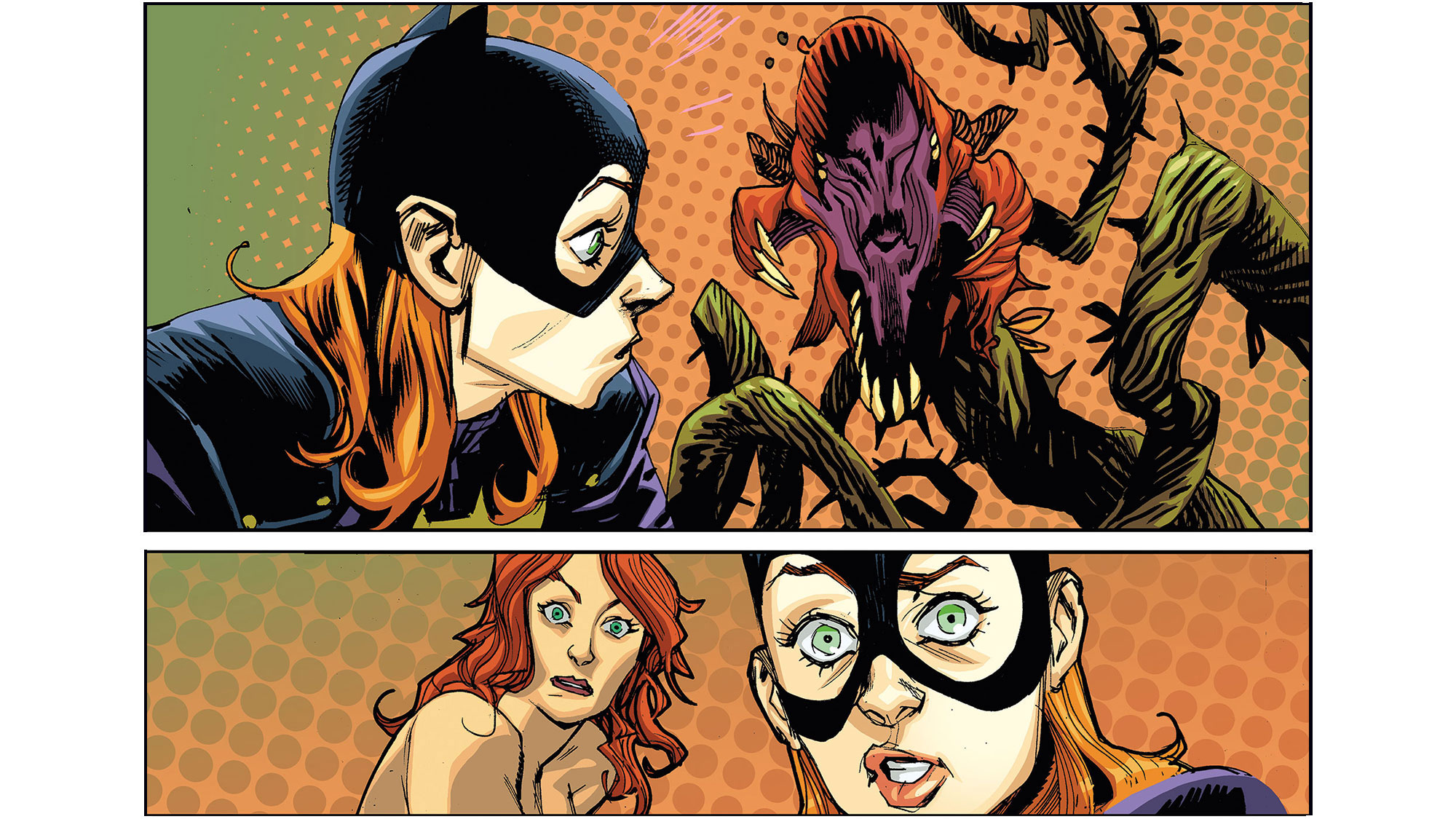
How to colour comics Creative Bloq
Oct 10, 2023 12 min read What Art Style Should You Pick? What It Means To Be Recognized For Your Art What comic art style should you go for? It's one of those burning questions we all want answered when we set out to learn the art of comic book illustration, and really it needs to be.
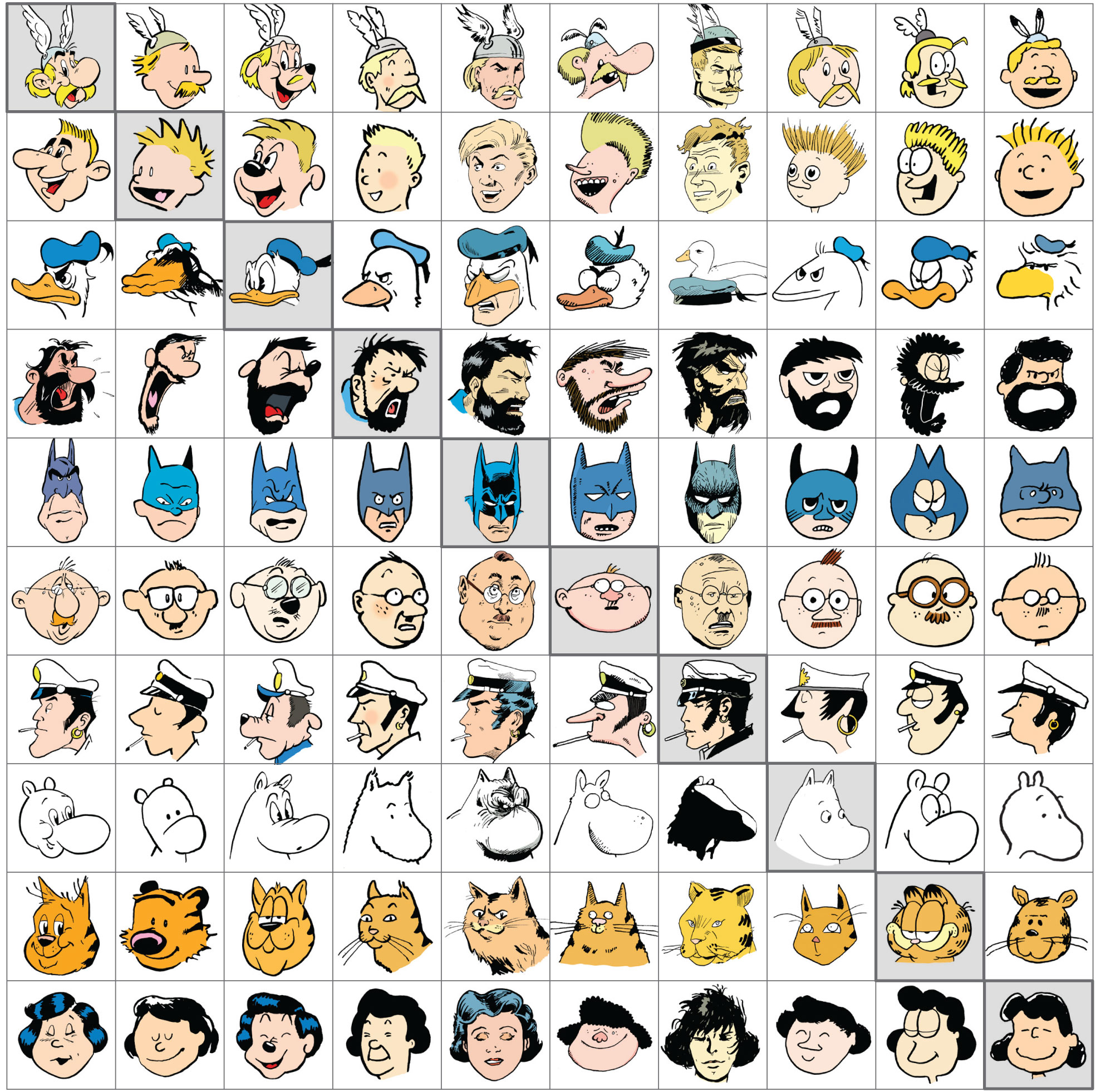
A Grid of 10 Beloved Comic Strip Characters Reimagined in the Style of
If you're interested in creating comic books or graphic novels, be sure to give the comic style a try! Retro. Retro Designs by Mary Kate McDevitt. The retro style is a great option to create a sense of nostalgia! It uses different styles of vintage aesthetics, old fonts and patterns, and usually pretty bold lines..

My Top Ten Comic Book Artist and Their Art Styles Comic book art
Comic book art style refers to the visual representation of characters, settings, and action in a comic book. It encompasses the use of lines, shapes, colors, and textures to create a distinct visual language. The art style sets the tone and atmosphere of the story, conveying emotions, and immersing readers in the narrative.

Comic Book Graphic Styles for Illustrator Comic font, Comic book
Manga. Manga is a comic art style originating from Japan. While the origin and heritage of this comic style date back to the early 1900s, many recent comics have adapted the late 19th-century version of this Japanese art style. Although some full-color manga exists, most manga comics are produced in black and white due to time restrictions and.

DC Comics Style Guide Comic Art Community GALLERY OF COMIC ART
Art styles of the Golden Age of comics Though printed in booklet form, comics did not deviate far from their newspaper ancestors, telling a straightforward story through basic sequential images. Cartooning was simple as publishers were not yet at the level of investing in or attracting serious artists.
Five comics artists to watch from 2015's 'Best American Comics' Los
By BBC Maestro Writing Last updated: 21 February 2023 As with any other type of literature, there's a vast range of different comic book styles. From adventure to comedy and from fantasy to horror comic books, there's something to suit every reader - and every type of writer. But how do you know which one to use for your own comics?
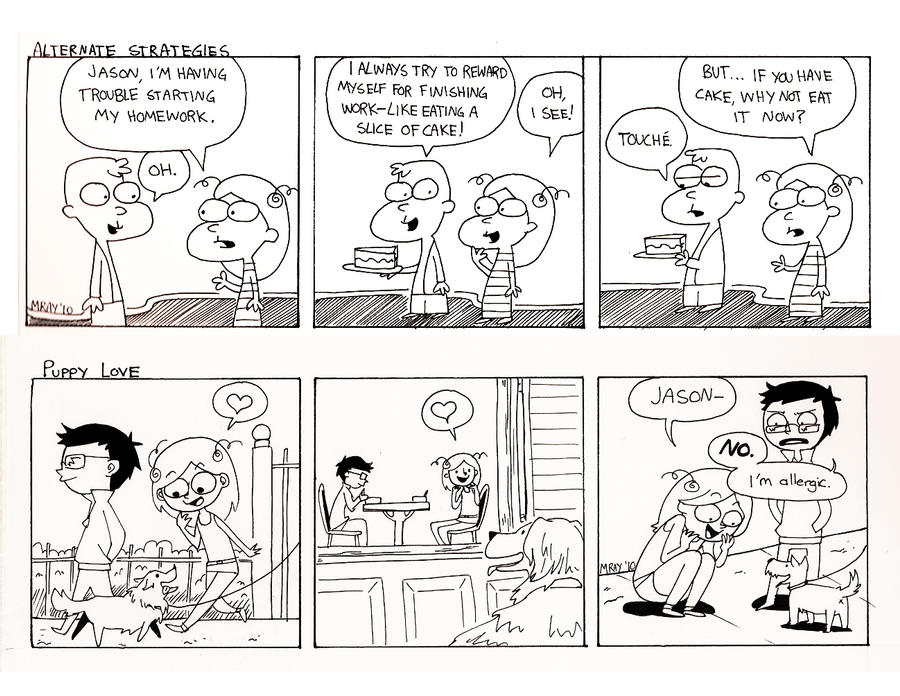
Comic Styles by montiray on DeviantArt
The editorial or humor comics strip can be found on the Op-Ed pages of newspapers or in magazines such as the New Yorker. Many comic art styles exist in the comic world. Each comic artist uses their style to tell a story. Some basic comic art styles, such as the traditional, golden, bronze, and silver age, define comic art as we know it.

Suiciders page by Lee Bermejo Comic book art style, Dc comics
I make sure that the panels lead the reader from left to right and down to mimic the usual reading pattern of a western-style comic book. All the action within the panels leads you across the page or down to the next tier of panels. The final page should read something like this: Leading the reader through the page line through page image.

How to Draw a Comic Book Style Face on an Angle Robert Marzullo
Josei manga is a type of manga that targets female readers between the ages of 18 and 40. The drawing is less idealised than in shôjo manga, features more mature plot lines than manga for younger female audiences and focuses on realistic romance, among other themes.. In Willow Tree, Hagio Moto tells the heartrending tale of the ghost of a mother who watches as the seasons come and go as her.

Comic Art Style compilation Top 5 Art Styles
Styles in Comics: The Art of Cartooning The history of comic styles is a fascinating journey that showcases the evolution and creativity within the world of cartooning. From its early beginnings to the present day, various styles have emerged, each with its own unique characteristics and influences.
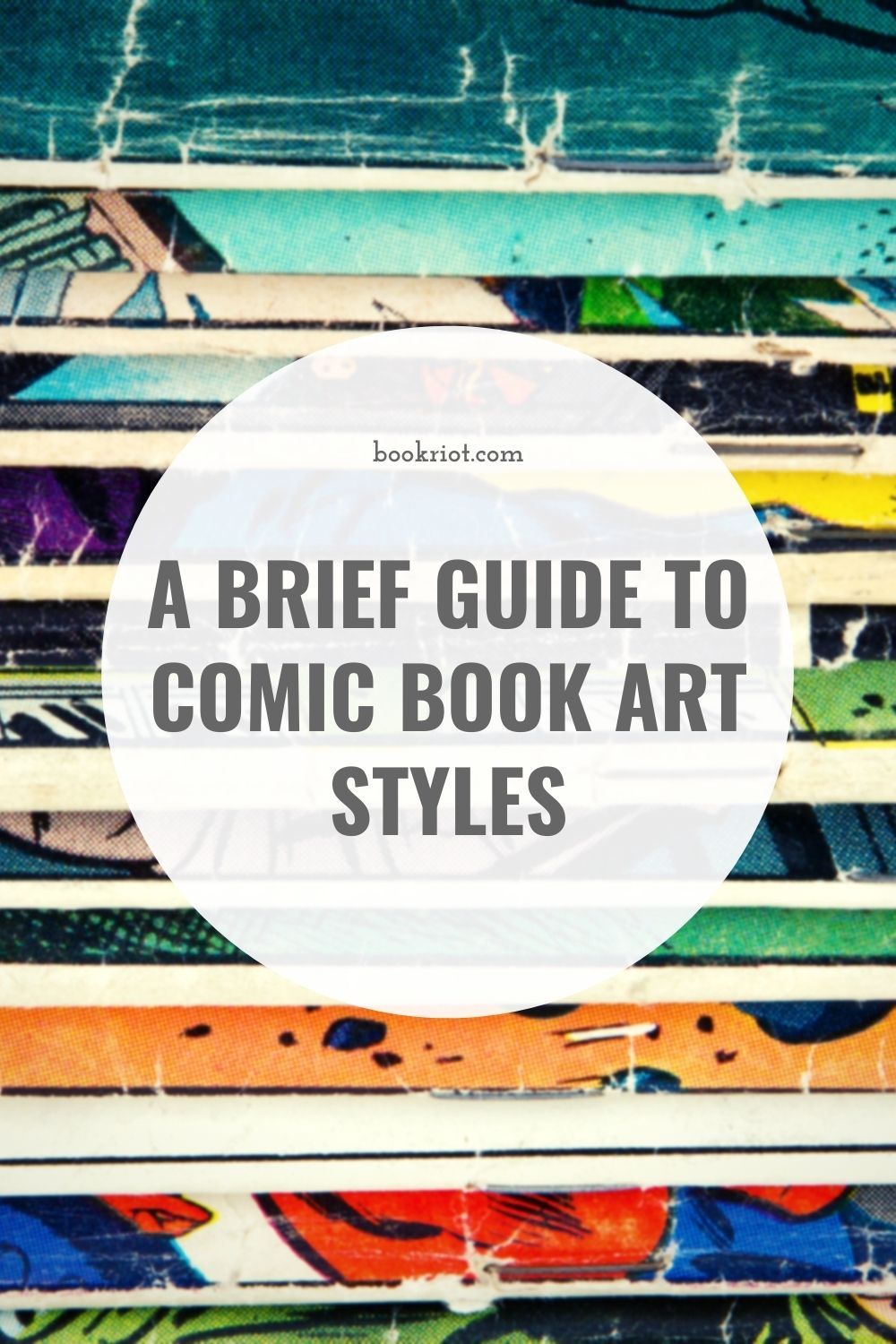
A Brief Guide to Comic Book Art Styles Book Riot
The style of the illustrations in the comics on this list differs in a multitude of ways. Some are steeped in photo-realism, while others hearken back to the golden age of comics, when colors popped and giant black globs were how you knew someone had telekinetic powers. The art on this list oscillates wildly between gruesome visages.
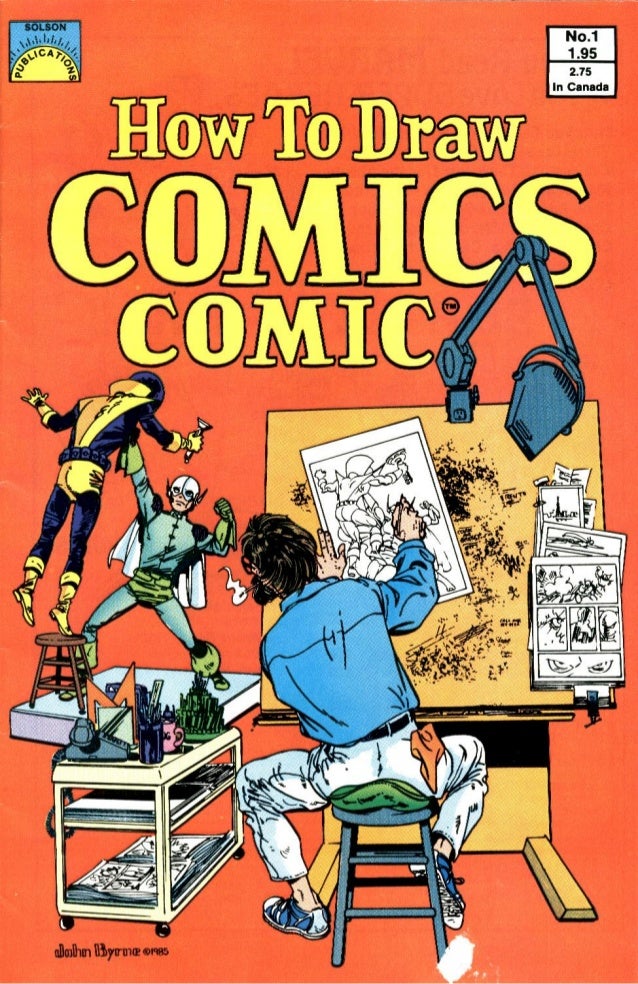
How To Draw Comics By John Byrne
During the Silver Age, comic book art became more refined and detailed. Influential artists like Jack Kirby (Fantastic Four, The Avengers) and Steve Ditko (Spider-Man, Doctor Strange) introduced a sense of cosmic scale and dynamic energy to their work, incorporating elements of science fiction and fantasy.
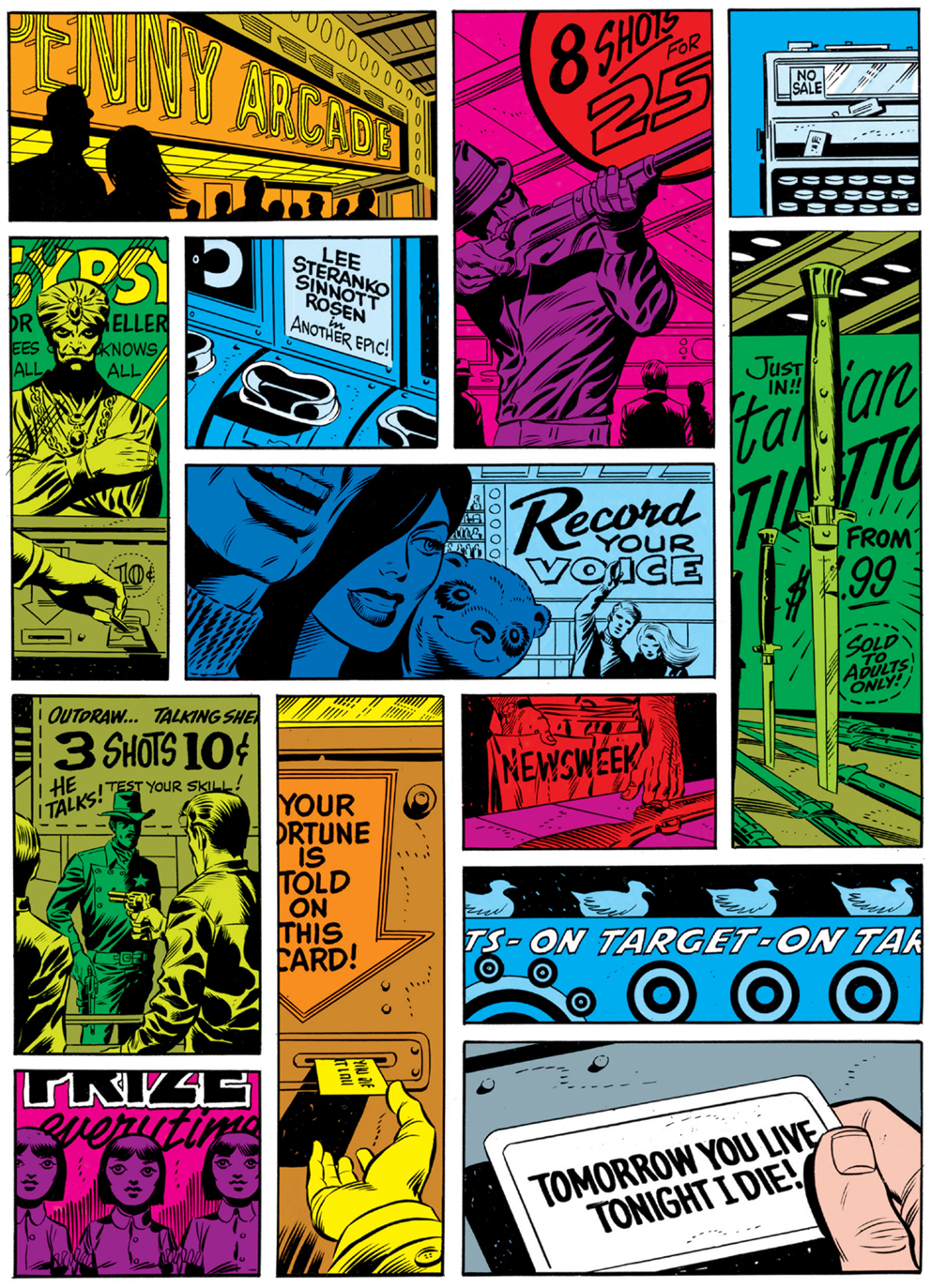
Frontiers Navigating Comics An Empirical and Theoretical Approach to
The classic comic book style is characterized by clean lines, bold colors, and expressive characters. This style, popularized in the Golden Age and Silver Age of comics, often features dynamic poses, exaggerated facial expressions, and clear sequential storytelling.
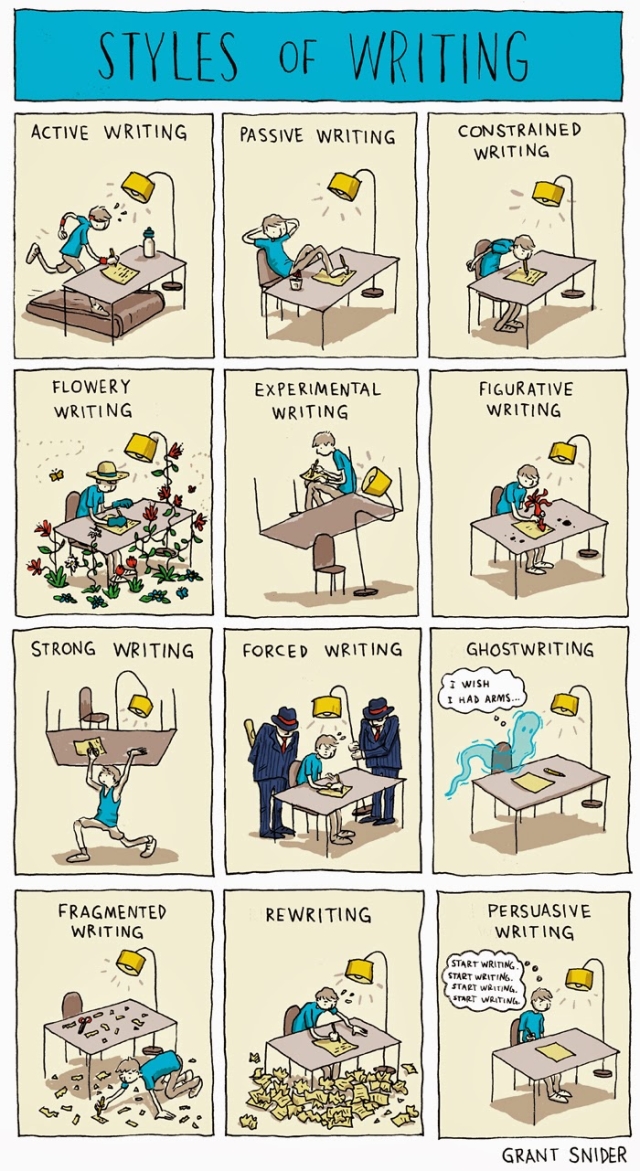
Styles of Writing, A Comic by Grant Snider That Explores the Many
See also Category:Comics by genre. This category is for genres/types used currently within the comics form/forms. Pages in category "Comics genres" The following 28 pages are in this category, out of 28 total. This list may not reflect recent changes. A. Abstract comics; Adult comics.

Superhero Illustrations by Thony Silas / Blog XombieDIRGE Comic
Classic Comic Strip Within every sub-genre of art style, you will find a wide range of works. Everything from Family Circus to Garfield has graced Sunday Newspapers. But for the sake of this post, they become examples of short art formats, thus not requiring three-dimensionality or extreme attention to detail.